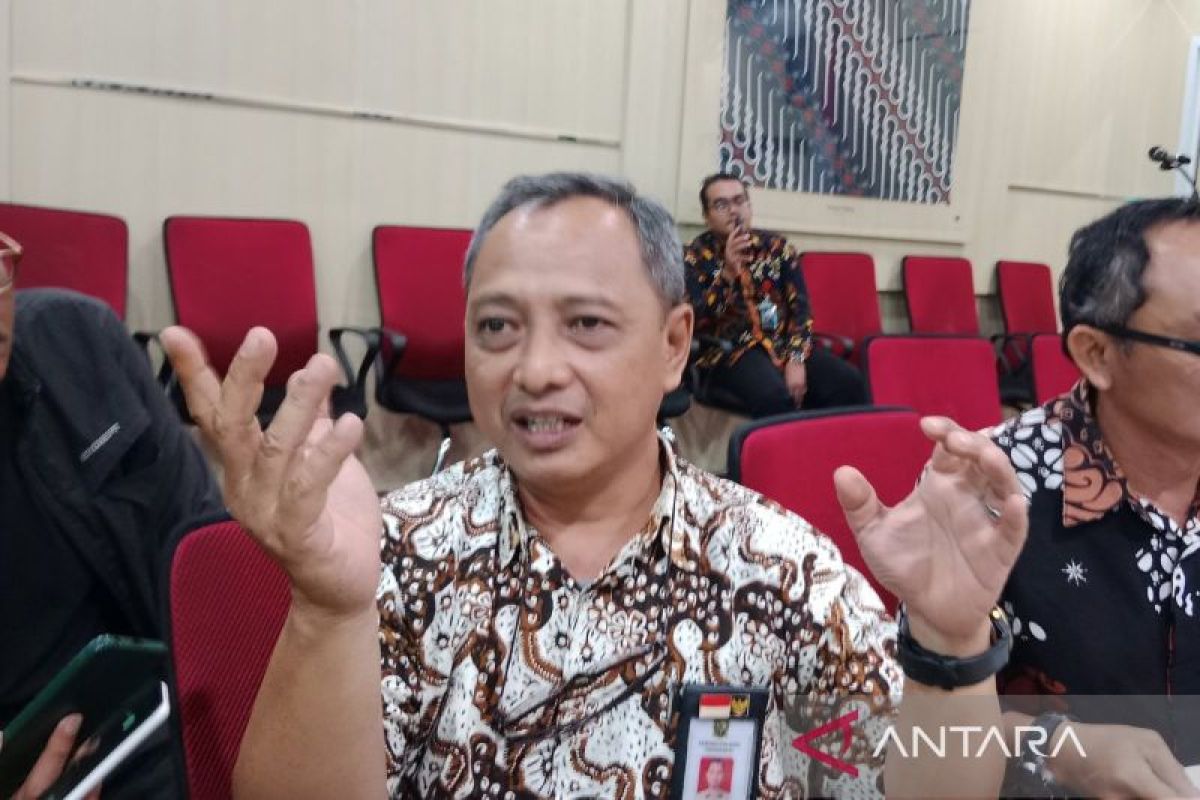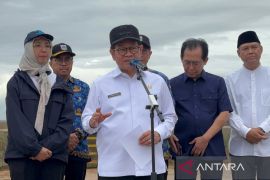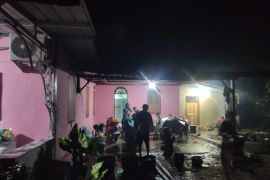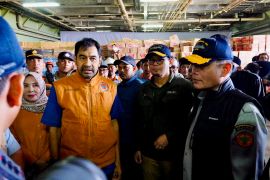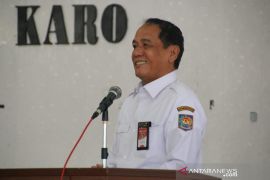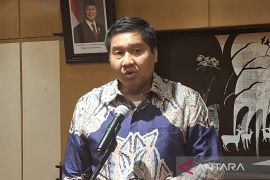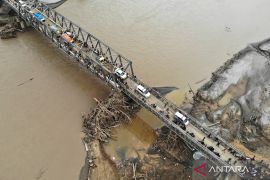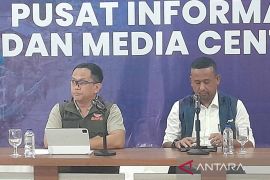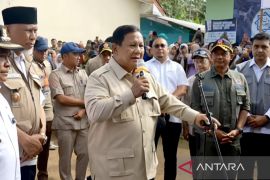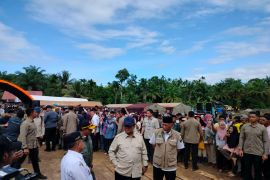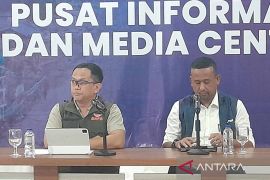Yogyakarta City BPBD Chief Executive Nur Hidayat stated in Yogyakarta, Tuesday, that the EWS, with an automated system, was planned to be installed in three rivers, namely Sungai Buntung, Sungai Tekik, and Widuri.
"Not in large quantities, like sewers, but in heavily populated areas where the water frequently rises. This is what we prioritized," he remarked.
According to Hidayat, the installation of automatic EWS is important, so that people on the riverbanks can conduct early self-evacuation to reduce disaster risks.
EWS, with an automatic system, will issue a warning sound for the public to be ready when the river water level indicator turns red or touches the threshold.
Meanwhile, in manual EWS, the river water levels are monitored through CCTV and once they rise, officers will communicate warnings through loudspeakers at the EWS.
Although, in general, EWS has been installed at 17 river points in Yogyakarta City, specifically, automatic EWS has been newly installed in Belik river, Klitren, Gondokusuman, Yogyakarta City.
In addition to preparing EWS, the BPBD Yogyakarta City targets the establishment of 169 Disaster Resilient Villages (KTB), including for riverbank communities.
"We have provided lessons related to KTB with disaster management. One of them is an evacuation road," Hidayat remarked.
Related news: BNPB starts focusing on post-flood measures in Central Java's Demak
Related news: West Java BPBD deploys personnel, logistics in disaster-affected area
Related news: 5 provinces at risk for wet hydrometeorological disasters: BNPB
Translator: Luqman Hakim, Yuni Arisandy
Editor: Azis Kurmala
Copyright © ANTARA 2024
